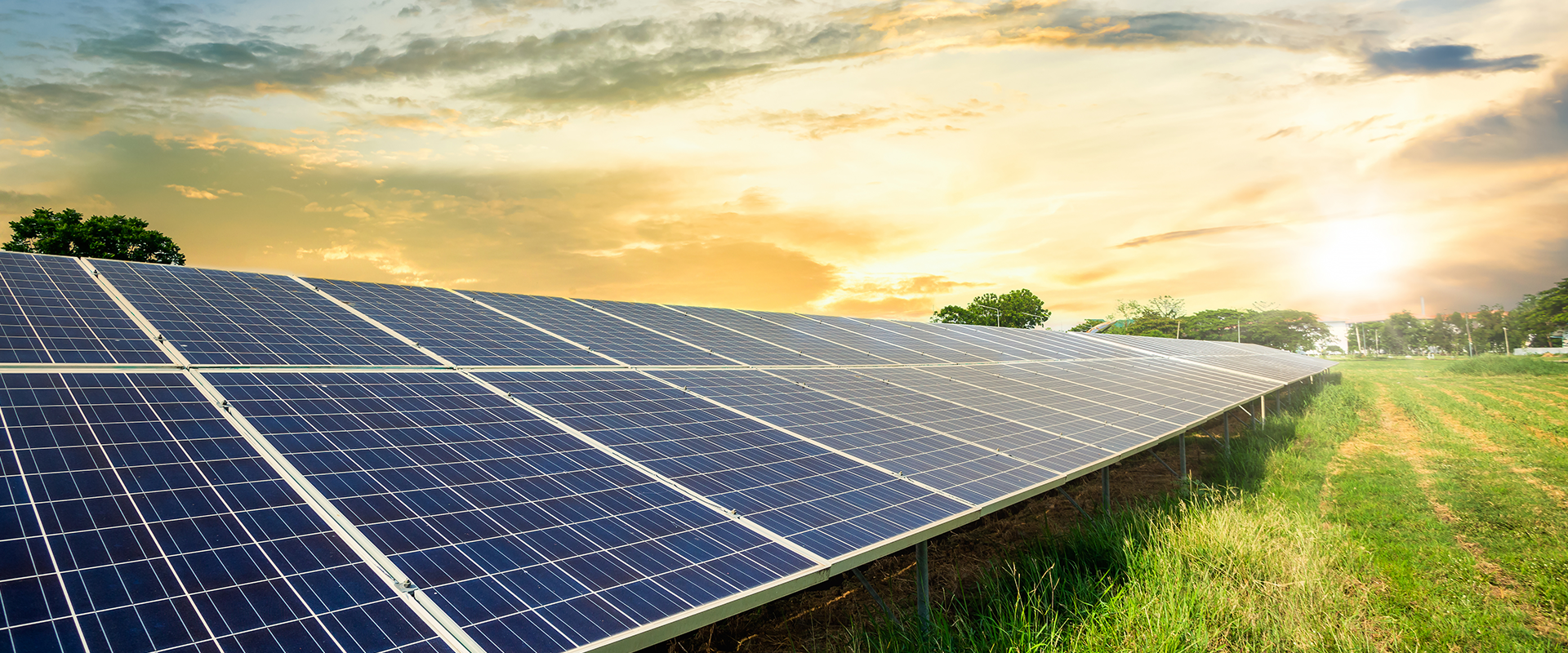
FAQs
FAQs
How do solar panels work?
Solar panels capture sunlight using photovoltaic (PV) cells and convert it into electricity. The electricity generated is direct current (DC) and is converted to alternating current (AC) by an inverter, which can then be used to power your home or business.
What is the lifespan of a solar panel system?
Solar panels typically have a lifespan of 25-30 years. Over time, their efficiency may slightly decrease, but most systems are designed to perform well for decades.
Do solar panels work on cloudy days or at night?
Solar panels still generate electricity on cloudy days, though at a reduced rate. However, they do not produce electricity at night. To provide power during nighttime, many systems are paired with battery storage or connected to the grid.
How much does it cost to install a solar panel system?
The cost of a solar panel system varies depending on factors like system size, location, and available incentives. On average, a residential solar installation can range from $10,000 to $30,000 before any rebates or tax credits.
Can I sell excess electricity back to the grid?
Yes, through a process called net metering, you can sell excess electricity your solar panels generate back to the grid. This can offset your energy costs and reduce your utility bill.
